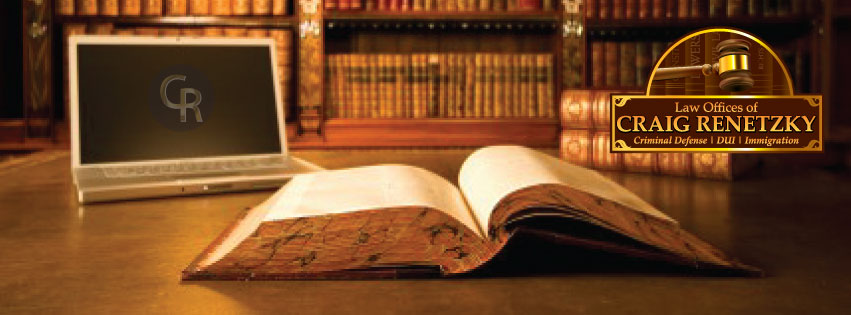In California restraining orders can be a very confusing and complicated legal avenue to pursue. First, there are different courts that issue restraining orders-
Civil Courts – These courts issue restraining orders in many different types of cases. For example workplace harassment, neighbor disputes etc.
Criminal Courts – If person is charged with a violation of the law, the judge in some cases issues a protective order, which is an order restraining the defendant from doing certain things.
Family Courts – These courts issue orders that deal with domestic relations issues. One or both parties may be ordered or prohibited from doing certain things.
There are also different types of restraining orders: emergency, temporary, and permanent. Some last only a couple of days, others can last for 10 years.
Our firm can help you obtain a restraining order, and if you are served with a restraining order we can help prepare and fight the restraining order in court.
Restraining Order FAQs
Question: I would like a restraining order, can you help me obtain one?
Answer: Yes, our firm can help you fill out the forms required to obtain a restraining order and file those forms for you. In addition we can represent you in court during the hearing, which will be set to determine if the court will issue the order.
Question: What do I need to obtain a restraining order?
Answer: You will need sufficient evidence to satisfy a judicial officer that you need protection from the activities of the other party. If the other parties actions are legal, and not harassing, the court is not likely to issue the order. It may be in your benefit to consult an experienced attorney before seeking the restraining order.
Question: I have been served with a restrain order, now what?
Answer: Don’t panic. You can contact our office and we can discuss an appropriate response. In the meantime, do not violate the order. If you have been served, then legally you must follow that order. Keep the order, and contact our office. We will make arrangements for you to meet with an attorney to discuss the appropriate legal response to the order. Do not call the other party to complain or you may find yourself in serious trouble.
Question: What if I am served with an order, and don’t file a response or go to court to object to the order?
Answer: The judge will hold the hearing without you, and if warranted will issue the order without your presence.
Question: I was just served with a restraining order, but I didn’t know there was a hearing. This must be illegal!
Answer: There is nothing illegal about it. Some restraining orders can be issued Ex-parte. This means that only one of the parties was present in court. In the case of emergency protective orders it is not at all unusual to find the court issuing the order without notice to the other party. These orders only last a short time. They are followed by a noticed hearing where you will have a chance to respond to the allegations. Emergency protective orders are common in domestic violence cases and are typically served without the other party having a chance to respond.
Question: I obtained an emergency protective order because of a domestic violence situation. I want to drop the case. What can I do?
Answer: The bringing of charges and the dropping of charges is not up to you. The prosecutor in the case will bring the charges on behalf of the state of California. They will not drop the case just because you asked. My office can certainly guide you through this process.
Question: My spouse/boyfriend/girlfriend has been ordered to stay away from me completely. I want to see them. Can you help?
Answer: Yes- many times we can go to court and obtain a modification of the restraining order to allow peaceful contact with your significant other.
